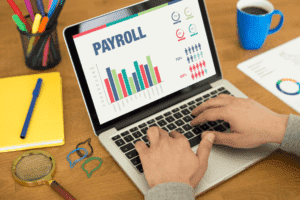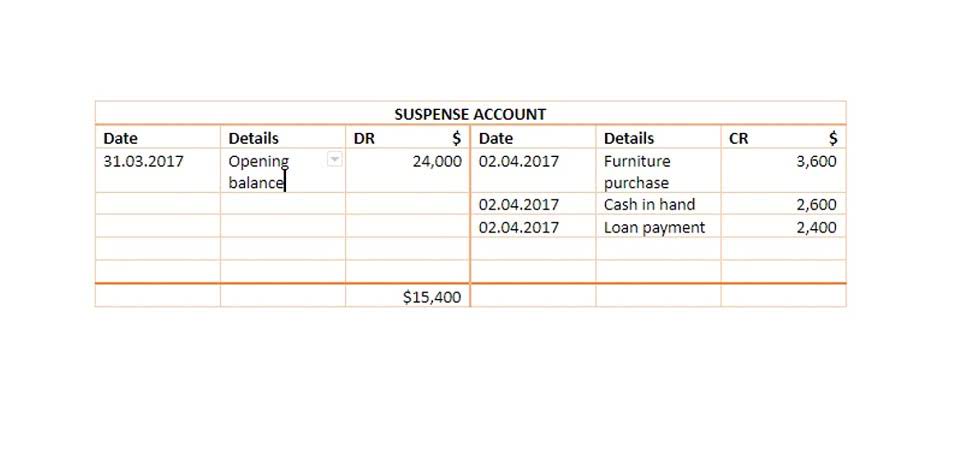
Each of these shareholders is entitled to his share in the profit generated by the company through its operations. When profit is actually earned, the company may choose to reinvest it back into the business if so required or it may opt to distribute all or part of the profit to its shareholders. If a company decides to distribute profit to its shareholders, it does so in the form of ‘dividend payment’. Cash dividends have a significant impact on shareholders, providing immediate income, predictability, stability, flexibility, and control.

The Financial Impact of Cash Dividends on Shareholders
- These dividends are typically declared when a company sees exceptional financial success, sells assets or a subsidiary, or undergoes a significant event that results in additional profits.
- Investors should also think about their tax bracket and financial situation when looking at dividend-paying stocks.
- By considering the potential benefits and drawbacks, investors can make an informed choice that aligns with their financial goals and preferences.
- After a cash dividend, share prices may drop by the amount of the dividend paid.
- Cash dividends don’t impact the investor’s ownership percentage, which means that the investor doesn’t receive additional shares through the dividend.
These are the key concepts you need to understand to accurately answer the question. Index funds don’t operate like a banks checking or savings account, nor do they operate like a certificate of deposit (CD). They are much more liquid than a CD, but not as simple as a savings…
Dividend and Retained Earnings FAQs

Understanding the relationship between these two balance sheet items is crucial to making sound investment decisions. Many people use these dividends to supplement their regular income. However, not all companies pay regular cash dividends; some companies may pay them in case of a special non-recurring event, like a large contract settlement, and so on. When looking for cash dividends, it is advisable to look for companies that have a history of paying cash dividends and are currently healthy in terms of cash flows, debt ratios, etc. While a small stock dividend can subsequently have a slight impact on shares’ market price, its core purpose is just the distribution of profit to shareholders. A large-scale distribution, however, exerts a significant impact on the shares’ market price. For those looking to add excitement to their investments, check out Razed for a thrilling gaming experience and innovative features.
- Firms can pay dividends in periods in which they incurred losses, provided retained earnings and the cash position justify the dividend.
- One drawback of offering cash dividends is the signaling effect for the company and its share value.
- This would effectively mean that the company would have to allot an additional 10,000 shares (1,00,000 equity shares x 10%) to its equity shareholders.
- This aspect makes dividend-paying stocks appealing for tax-conscious investors seeking to optimize their investment strategies.
- Consistent dividends can also help corporations attract new investors.
- Organizations that issue cash dividends are established companies past the startup stage.
- Microsoft, a leading technology company, has experienced a shift in its dividend policy over the years.
WeWork India IPO GMP, Open Date, Price Band, Issue Size 4.38 Cr Shares, DRHP Filed

This dependable cash flow allows investors to meet financial obligations without needing to liquidate their shares, helping them to keep their investment https://www.bookstime.com/ portfolio intact. Furthermore, shareholders can choose to reinvest the cash dividends or use them for everyday expenses, contributing to a more stable financial situation. Companies that issue cash dividends reward shareholders with a small amount of cash for each share they own after a profitable quarter or year.
- This gives the “dividend per share,” which is the cash amount or additional shares each shareholder will receive for every share they own.
- Ultimately, the chosen approach reflects the company’s dedication to shareholder value, belief in future growth, and ability to handle both short-term and long-term financial aspects.
- Given this crucial role, it’s easy to wonder why companies may choose to pay dividends.
- The overall value of the investment remains the same, but stock dividends provide an opportunity for shareholders to benefit from the company’s growth in the long term.
- This reliability suggests good management and boosts investor confidence.
- All shareholders who exist in the books as on the record date are entitled to receive the declared dividend.

If you look at a company’s balance sheet after a dividend distribution, you’ll notice that the retained earnings has been reduced by a sum equal to the size of the dividend distribution. Depending on whether it’s a cash or stock dividend, the cash account may also be affected (more on this soon; hang in there). The main difference between a cash dividend and a stock dividend is in the way the distribution is made. Cash dividends are a direct payment of money made Cash dividends and stock dividends are two distinct methods through which companies distribute returns to their shareholders. Dividends are distributions of corporate earnings to shareholders and represent a critical link between company performance and investor returns.
- Stock dividends can serve as a positive signal to the market regarding a company’s financial health and growth prospects.
- Looking back, stock dividends have led to great wealth for those who kept and reinvested shares.
- Let us take a simple example to understand the concept of cash dividend per share.
- Factors like economic health, investor demands, and sector performance are considered.
- Stock dividends are also not taxable, unless they come with a cash option, making them more tax-efficient than their counterpart.

Unlike cash dividends, stock dividends don’t affect the cash account. They only affect the shareholders’ equity section in the balance sheet. When cash dividends are declared, they are deducted from the company’s retained earnings, affecting overall shareholder equity. The decision to declare cash dividends requires a forward-looking approach, considering the firm’s future positioning and industry expectations. Capital requirements and investor preferences vary across industries, influencing how companies approach their dividend policies.
